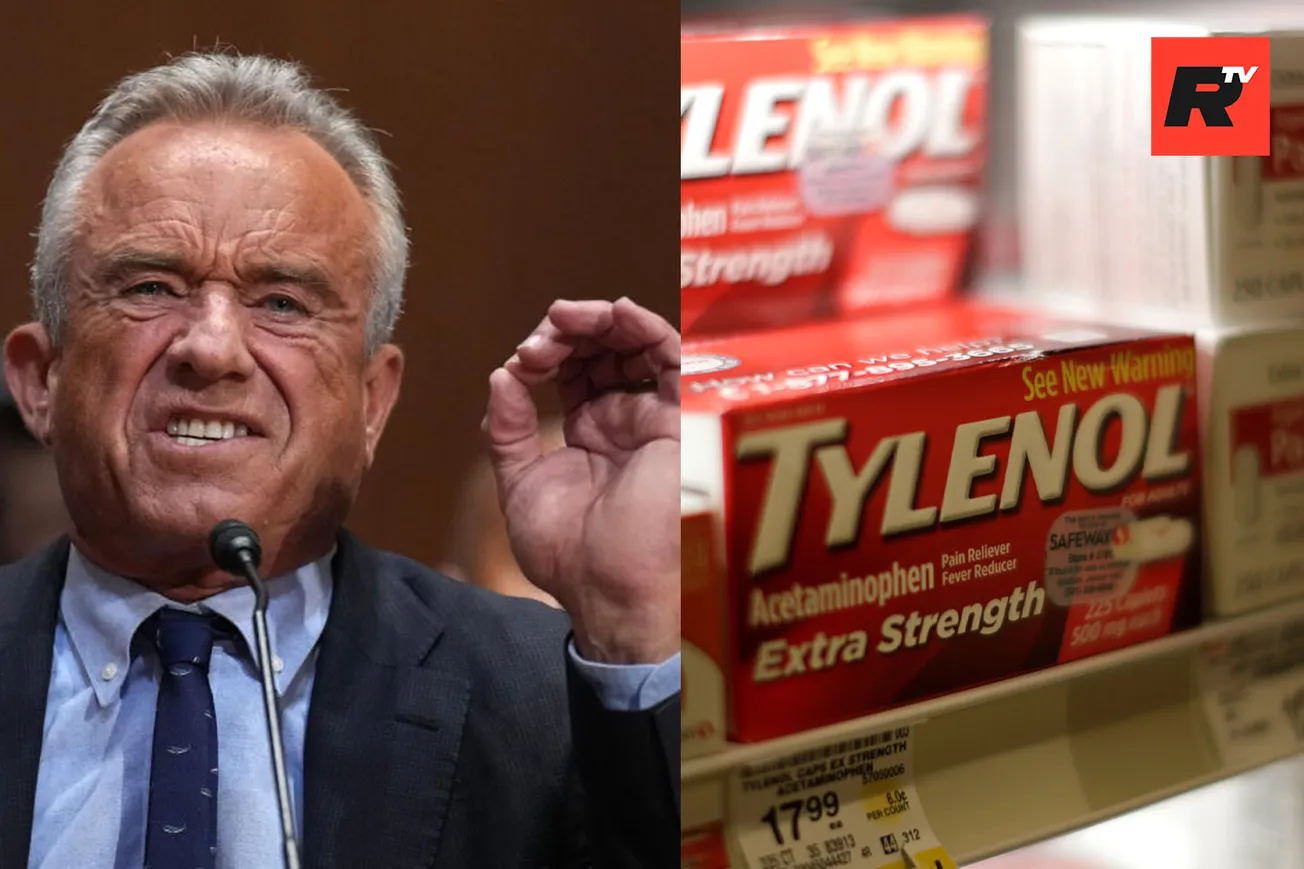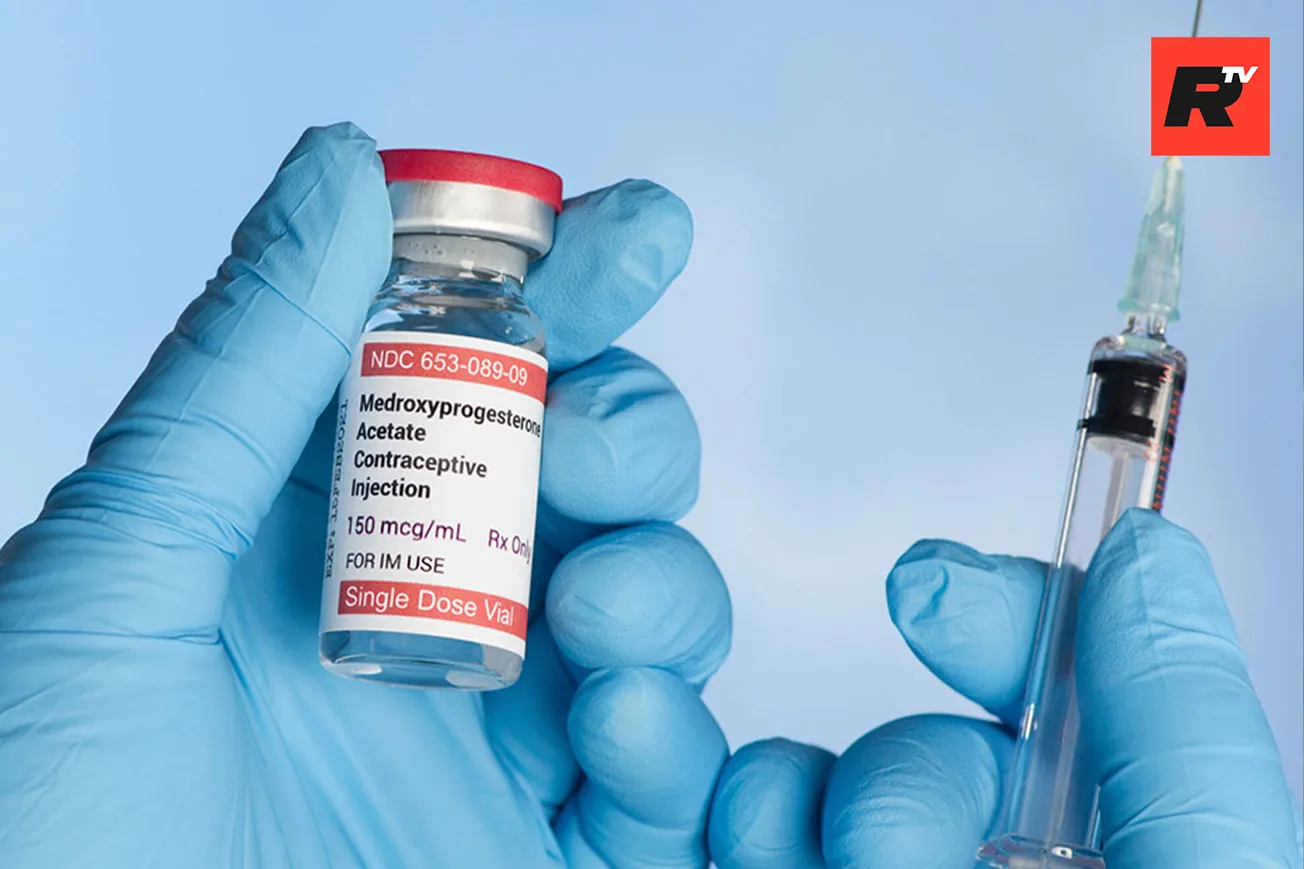Table of Contents
Health and Human Services Secretary Robert F. Kennedy Jr. is about to shake the medical establishment to its core.
A bombshell report, set to drop this month, will thrust Tylenol into the spotlight, linking its use during pregnancy to autism and pointing to a vitamin-based therapy as a potential game-changer.

The Department of Health and Human Services report will highlight "low folate levels and acetaminophen during pregnancy" as possible autism triggers, according to sources cited by The Wall Street Journal.
It will also tout folinic acid, or leucovorin, as a potential therapy to alleviate autism symptoms in some patients.
Autism affected roughly 1 in 31 U.S. 8-year-olds in 2022, per federal estimates, a stark contrast to a 1970 Wisconsin study of 900,000 children that pegged the rate at less than 1 in 10,000.
California now reports 1 in 19 children diagnosed.
Tylenol, produced by Kenvue’s McNeil Consumer Healthcare, is a household staple, widely used by pregnant women.
Its active ingredient, acetaminophen, has faced scrutiny before.
Some studies suggest risks to fetal development, while others find no link.
The American College of Obstetricians and Gynecologists maintains Tylenol is safe during pregnancy when used as directed, urging consultation with doctors.
Kenvue defended its product, stating Thursday, "We have continuously evaluated the science and continue to believe there is no causal link between acetaminophen use during pregnancy and autism.
The Food and Drug Administration echoes Kenvue's defense of Tylenol for pregant women, noting no "clear evidence" ties acetaminophen to adverse developmental outcomes.
"We are using gold-standard science to get to the bottom of America’s unprecedented rise in autism rates," an HHS spokesperson said Friday. "Until we release the final report, any claims about its contents are nothing more than speculation."
The report, a review of existing literature rather than new clinical data, takes a "measured approach," sources said, outlining knowns and unknowns without sweeping claims.
It may also explore other autism causes and call for further research, though it’s unclear if vaccines, long a target of Kennedy’s skepticism, will be mentioned.
Kennedy vowed to uncover the root cause of autism, vowing in April, "By September, we will know what has caused the autism epidemic."
The National Institutes of Health, led by Dr. Jay Bhattacharya, alongside FDA Commissioner Dr. Marty Makary and Medicare chief Dr. Mehmet Oz, is shaping the report, with major grant awards for autism research expected soon.
Kenvue’s stock plunged 16 percent Friday after the Journal’s story broke, later recovering slightly.
President Trump, addressing the autism crisis in a recent Cabinet meeting, called it "a tremendous horror show" devastating families.
Kennedy’s claim that "certain interventions" are likely causing autism has fueled anticipation—and skepticism.
A 2023 federal ruling dismissed lawsuits linking Tylenol to autism for lack of evidence, a point BNP Paribas analyst Navann Ty emphasized, noting the “high hurdle" to proving causation.
Kennedy’s crusade may spark outrage, but it’s forcing a long-overdue question: Are we being prescribed poison in the name of pain relief?









